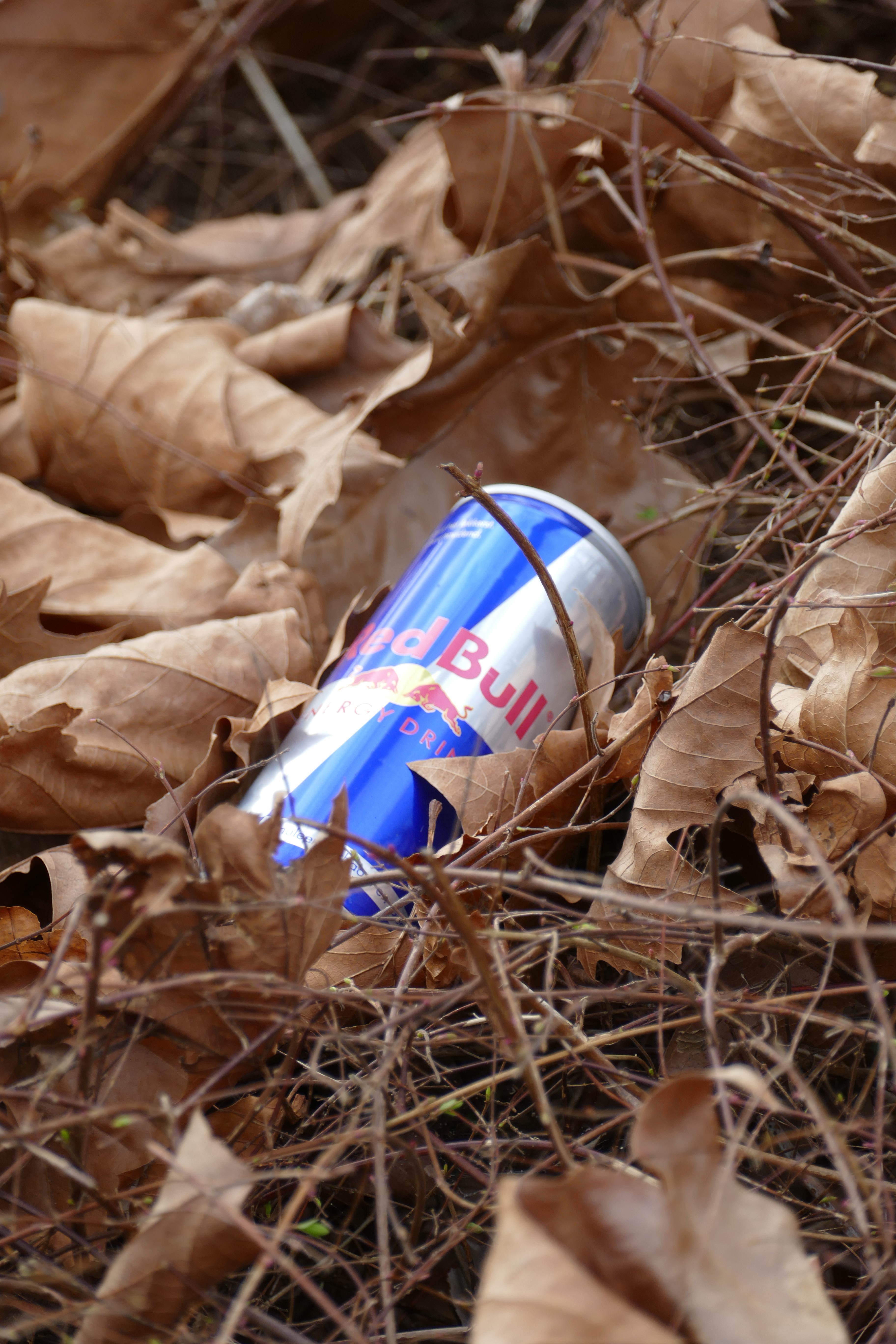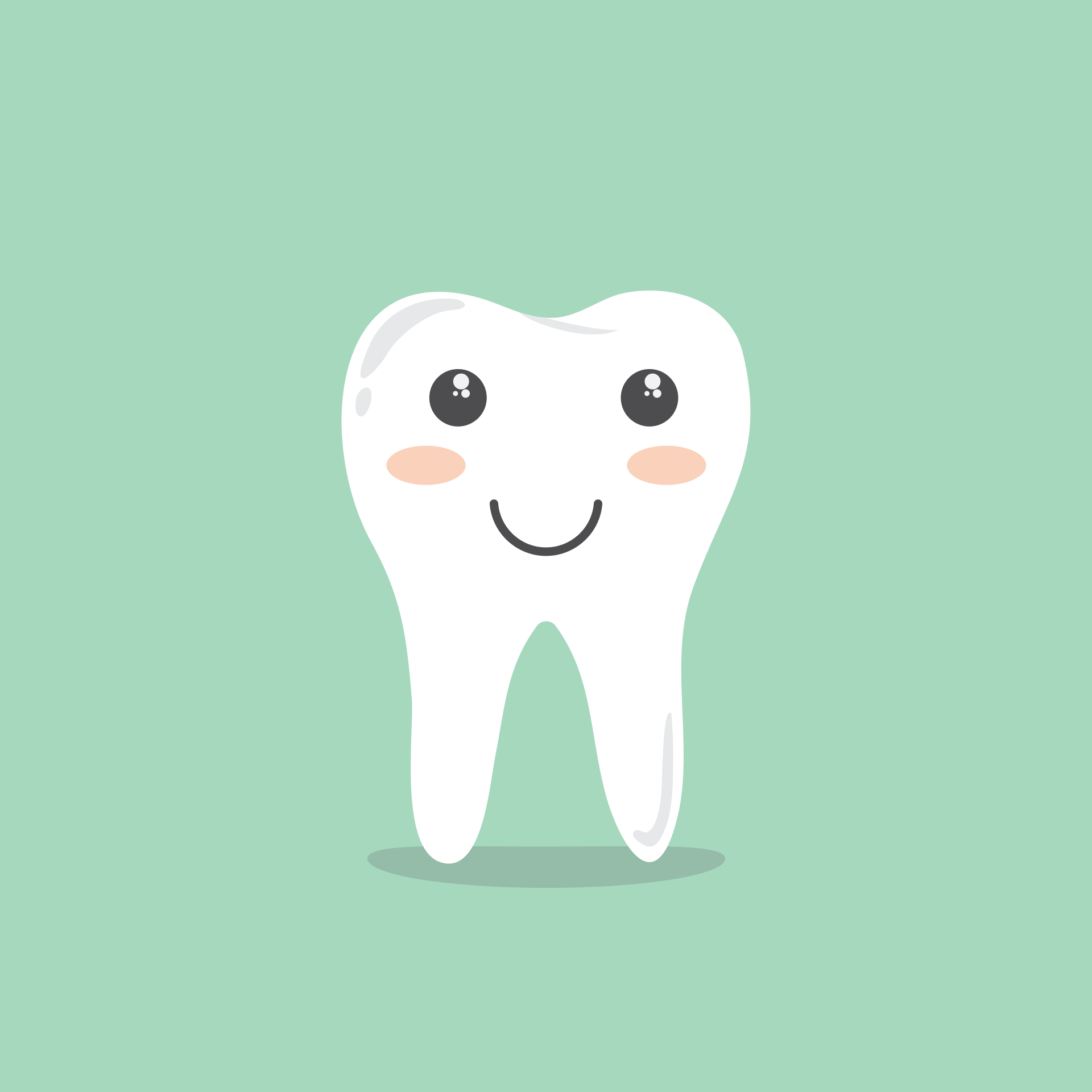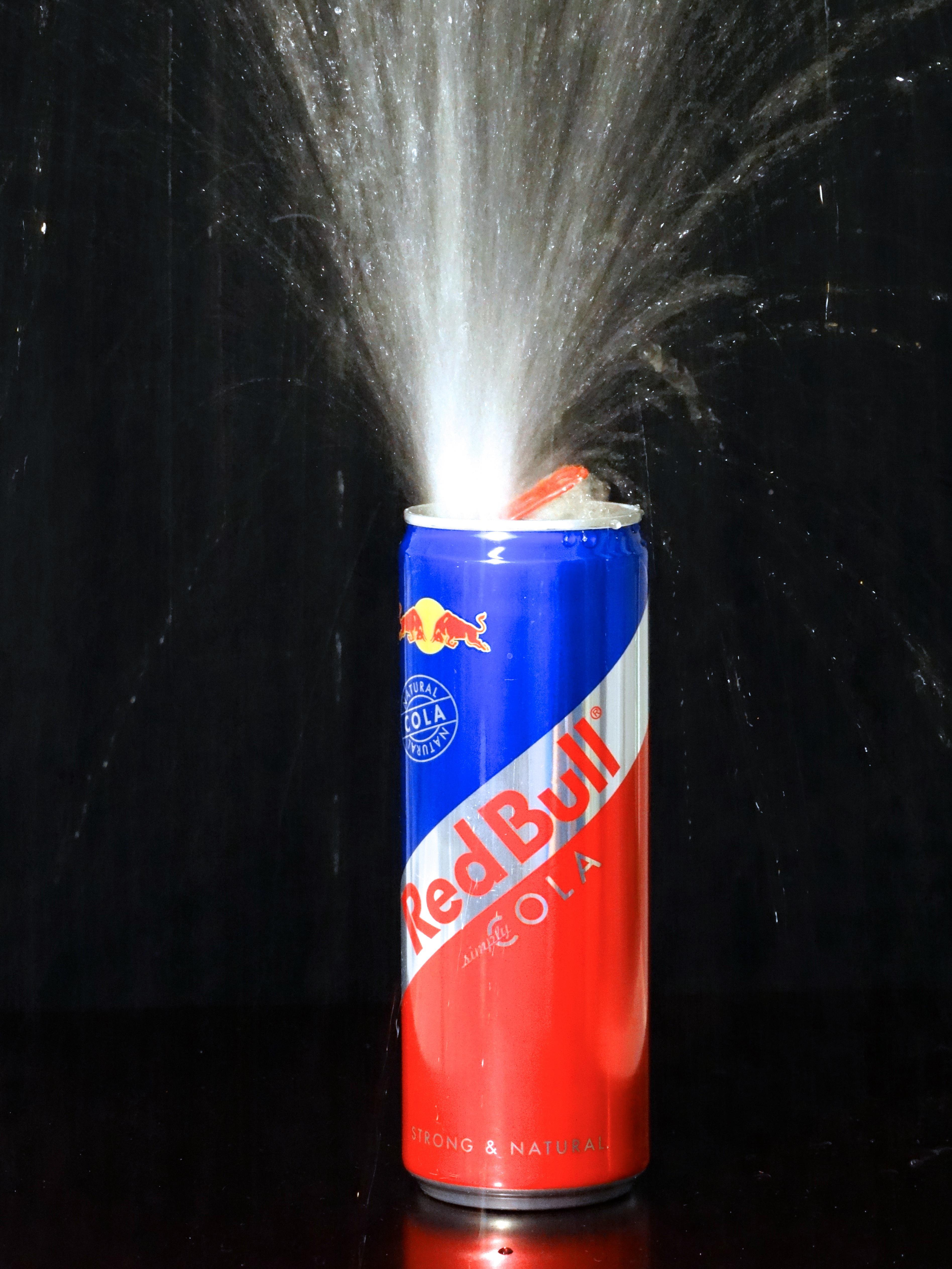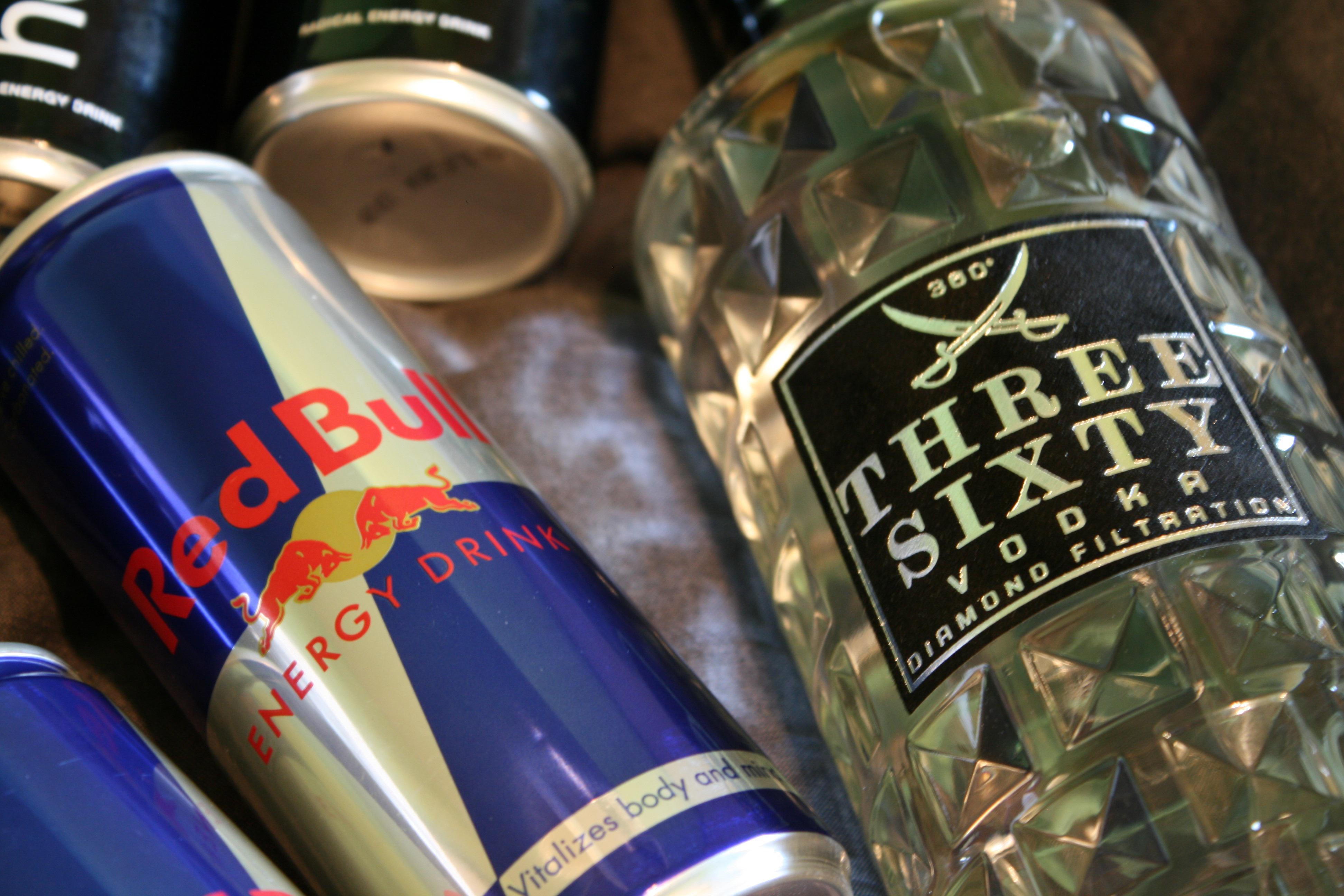Is Red Bull Bad For You?
You must have walked into that soft drink store quite a few times and wondered- Is red bull bad for you or if it’s a life-saving energy drink. We totally get your thoughts and you are not the only one. If you are constantly stressing out and thinking Is red bull bad for you or not, here’s what you need to know to draw out conclusions.
Red Bull Energy Drink is readily present in over 170 countries, including each state of the European Union. Different Health authorities across the globe have found out that Red Bull Energy Drink is reliable to sip. Approximately 10 billion cans were used the previous year and more than 100 billion cans from the time Red Bull came into the market in 1987.
A single 250 ml bottle of Red Bull Energy Drink has somewhat 80 mg of caffeine, the exact amount is present in a cup of coffee. As per the European Food Safety Authority (EFSA), it was concluded that in 2009 the components of energy drinks are of no regard. In 2017 and 2015, the EFSA assured the safety of such drinks and the used ingredients.
All the components of Red Bull products are mentioned on the provided can. Also, it’s marketed as a way to boost energy and improve mental as well as physical activity. That may be one reason you have brought it enough times.
However, there are things to worry about its safety and probable side effects. This article puts light on the possible side effects of Red Bull, encompassing whether having too much of it may be life-threatening. Let’s see- Is red bull bad for you or not.
What is Red Bull?

First marketed in 1987 in Austria, Red Bull is another carbonated drink including caffeine, as well as additional energy-boosting blends, comprising several B vitamins and taurine.
While the actual composition differs by country, extra ingredients in Red Bull contain sugar, baking soda, carbonated water, citric acid, glucuronolactone, magnesium carbonate, and artificial colors and flavors.
One 8.4-ounce (or 260-ml) can deliver:
- Calories: 112 cals
- Protein: 1.2 gm
- Fat: 0 gm
- Caffeine: 75 mg
- Carbs: 27 gm
- Sugar: 27 gm
It’s also heightened in several B vitamins, such as thiamine (B1), B6, riboflavin (B2), niacin (B3), and B12.
Besides, Red Bull contains sugar-free options, such as Red Bull sugar-free and Red Bull zero, which are prepared with artificial sweeteners acesulfame K and aspartame instead of sugar.
While the components in Red Bull might deliver a boost of energy, they might also generate short- and long-term negative effects — particularly in larger quantities. Let’s see- Is red bull bad for you by going through some side effects.
Is red bull bad for you? Potential side effects to know!
Though Red Bull is a famous beverage, a study suggests that it might negatively influence your health.
1. Can raise blood pressure as well as heart rate
Blood pressure, as well as heart rate, are two significant standards for heart health, as improved levels have been linked with a more increased risk of hypertension (also called high blood pressure) and heart disorder.
Numerous studies on fit grown-ups have indicated that drinking a single 12-ounce (or 355-ml) can of Red Bull especially increased heart rate and blood pressure levels within just 90 minutes and up to one day after intake.
These boosts in heart pace and blood pressure are considered to be primarily due to Red Bull’s caffeine range, as a single large 12-ounce (or 355-ml) can hold 108 mg of caffeine — roughly the same amount as one cup of coffee. In spite of these gains, moderate and infrequent intake of Red Bull is improbable to generate serious heart issues in healthy adults.
Still, extra intake — especially in more youthful people — has been related to abnormal heartbeat, heart attack, and death.
Besides, while the study is restricted, consuming Red Bull may exacerbate heart health and be life-dangering in people with pre-existing heart diseases and high blood pressure.
2. May increase type 2 diabetes risk
Surplus sugar intake, particularly from sweetened drinks, might increase the risk of type 2 diabetes.
In fact, a study of 310,819 grown-ups discovered that drinking 1 to 2 servings of sugar-sweetened drinks every day was linked with an effective 26% raised risk of type 2 diabetes.
As Red Bull is sugar-sweetened — supplying 29 grams of sugar in a single 8.4-ounce (or 260-ml) serving — consuming one or more servings each day can improve your risk of type 2 diabetes.
3. May harm your teeth

Research reveals that drinking acidic drinks can harm tooth enamel, which is the tough outer coating that allows protecting the teeth against corrosion or tooth decay. Red Bull is also an acidic beverage. As a consequence, standard intake might harm the tooth enamel.
One 5-day test-tube analysis discovered that exposing human tooth enamel to vitality drinks for 15 minutes, 4 times in one day resulted in substantial and irreversible failure of tooth enamel.
Similarly, the study stated that energy beverages were twice as dangerous to the tooth enamel as soft drinks.
4. Might negatively impact kidney health
While sometimes drinking Red Bull is improbable to have any profound effects on kidney health, a study suggests that regular and excessive intake could.
A 12-week analysis of rats discovered that chronic consumption of Red Bull might cause a decrease in kidney function. Nevertheless, these outcomes have not been imitated in human studies.
Additionally, the study indicates a connection between high sugar consumption and improved risk of chronic kidney disorder.
As Red Bull is increased in sugar, regular and excessive consumption might increase your risk.
5. May increase high-risk manners
The study has shown a link between consuming Red Bull and raised high-risk behavior, particularly when mixed with alcohol.
When ingested together, caffeine in Red Bull can conceal the results of alcohol, making you feel less drunk while still partaking in alcohol-related impairments. This effect may have profound consequences.
One analysis discovered that college-aged pupils who drank energy beverages and alcohol together were more possible to perform drink and drive and encounter serious alcohol-related harm than when alcohol was drunk alone.
Even when not combined with alcohol, observational analyses suggest that in young adults, normal intake of energy beverages like Red Bull is related to an improved risk of alcohol addiction and illicit drug use.
Of course, not every person who consumes Red Bull will undergo addition to high-risk behaviors. Nevertheless, it is significant to be aware of the possible risks, particularly in younger grown-ups and when alcohol is concerned.
6. May lead to caffeine overdose and possible toxicity

While safe amounts of caffeine differ by individual, contemporary research suggests limiting caffeine intake to 400 mg per day or more smallish in wholesome adults.
As a single small 8.4-ounce (or 260-ml) can of Red Bull supplies 75 mg of caffeine, consuming more than 5 cans each day could grow your chance of caffeine overdose.
However, the moderate half-life of caffeine in the blood varies from 1.5–to 9.5 hours, which suggests it could take nearly 9.5 hours for the caffeine blood levels to descend to half of their initial amount. As a result, it is difficult to find out the exact quantity of Red Bull that may lead to caffeine overdose.
Additionally, teenagers under the age of 19 might be at a more prominent risk of caffeine-associated side effects. Current proposals call for restricting caffeine to 100 mg or less every day in teenagers aged 12–19. Thus, drinking over a single 8.4-ounce (or 260-ml) serving of Red Bull can improve the risk of caffeine overdose in the given age group.
Signs of caffeine overdose and toxicity can incorporate nausea, hallucinations, vomiting, anxiety, rapid heart rate, trouble sleeping, dizziness, and seizures
7. Weight gain
As noted above, Red Bull has a lot of sugar. Sugary sips have a large number of calories and have therefore been linked with obesity and weight gain.
Similarly, the calories you drink in Red Bull are so-called vacant or empty calories. When consuming Red Bull and different energy drinks, there is no significant nutritious advantage to your body. Thus, these calories can easily be cut out to ‘have room’, so to say, for nutritional and calorie-rich meals that will really benefit your body.
Similarly, when encountering high blood sugar, insulin will be discharged by your pancreas. If extra glucose is drunk, this could give rise to insulin stimulating fat storage.
8. Interference with healthy sleep patterns
If you are working for over hours or waking up after a quick night and you feel like you require an energy drink to get you past the day, the odds are that your body is informing you that you need better sleep.
Of course, there are unusual situations where that simply is not an alternative. However, depending on energy drinks to remain awake and full of energy will probably hinder a healthy sleep routine that would maybe be enough to make you feel that way in the first place.
9. Withdrawal symptoms
Again, getting into the practice of drinking drinks high in caffeine and increased in sugar will improve your patience with them, so ultimately, you will require to drink more and more to get the results you’re used to.
This can direct to withdrawal signs if you are not getting the caffeine fix of that day. You may have encountered a craving for a cup of coffee when you wake up, and many people begin to suffer from headaches if they do not get their morning coffee cup.
Or you may feel anxious or shaky when not consuming the energy drink often or other caffeine drink your body is used to. The same impact could be linked when used to a diet elevated in sugar and then carving out these foods.
10. Insomnia
All of the overhead is connected to caffeine overeating, but can likewise occur from lower caffeine intake if you’re exposed. While the patience for caffeine changes from person to person, it is presently generally suggested that healthy grown-ups limit their caffeine intake to 400mg each day.
A broad guideline endorsed by the FDA (US Food and Drug Administration) is that drinking up to 4 cups of coffee every person every day is relatively secure. A single small 8.4 fl oz can of Red Bull Energy Drink includes 80 mg caffeine, which is roughly as much as in a routine cup of coffee. This suggests that drinking more than five cans each day would elevate your risk of caffeine overdose.
As noted earlier, caffeine is included not just in coffee, but in different foods as well. When drinking a can of Red Bull, you must be mindful of the caffeine you may have ingested in other drinks and foods.
Increasingly, awareness has been drawn to kids and teenagers over-ingesting caffeine and potentially forming dependencies. The recent suggestion for under-19s is to restrict their caffeine consumption to 100 mg or less per day.
As a reaction, some vendors have chosen to ban the sale of energy drinks possessing more than 150 mg of caffeine every liter to children below 16 years of age.
Is sugar-free Red Bull more nutritional?

Sugar-free Red Bull is inferior in calories and sugar but contains the same quantity of caffeine as standard Red Bull and thus likely has the exact potential side effects.
In spite of not delivering sugar, sugar-free Red Bull might yet elevate your danger of type 2 diabetes if drunk regularly, as it has two artificial sweeteners — acesulfame K and aspartame.
In fact, a study associates normal intake of artificial sweeteners with an elevated danger of type 2 diabetes which has its own probable safety hazards and side effects.
Can drinking too much Red Bull stand life-threatening?
While irregular, exaggerated intake of Red Bull and equivalent energy drinks has been connected to heart attacks and even deaths. Most of such cases happened in younger adults who as per the reports consumed energy drinks often and in excess.
Many aspects affect how much caffeine you need to intake for it to be harmful and potentially life-threatening.
While recent suggestions call for restricting caffeine to no over 400 mg a day in healthy adults, subjects of caffeine-related deaths have largely been in people with unusually high consumption of 3–5 grams of caffeine each day.
This would suggest drinking about forty 8.4-ounce (or 260-ml) cans of Red Bull in a single day. Yet, in multiple cases of heart attack and premature death cases concerning energy drinks, people consumed only 3 to 8 cans in a single day — far rarer than 40 cans.
One recent analysis of 34 healthy adults discovered that consuming 32-ounces (or 946 ml) of Red Bull every day for 3 days resulted in substantial changes in the gap between heartbeats. A shift in heartbeat rhythm can result in certain kinds of arrhythmias that might result in hasty death, particularly in those having high blood pressure and heart disease. Solely by the quantity of caffeine but was assumably due to the mixture of ingredients in Red Bull.
Is red bull bad for you because of excessive sugar? More study is required on how the variety of ingredients might influence risks for heart attack and further serious side effects. As such, expectant women, people, children with heart issues, and caffeine-sensitive people should dodge Red Bull entirely.
So, How Can Someone Get Energy Without Drinking Energy Drink?
If you wish to bypass the damaging health impacts connected with energy drinks, and particularly if you hold high blood pressure and wish to safeguard your heart, stay away from derivatives like 5-Hour Energy and red bull. Rather, look for realistic options for improving your energy levels.
For starters, attempt energy-boosting meals to keep you cautious instead. You also might want to peek to make modifications to your overall diet and try vitamins to boost your energy levels.
So, is red bull bad for you? if the quantity is kept into consideration while drinking, you can easily enjoy the taste.
Is red Bull Bad For You? The bottom line
Red Bull is a caffeinated, sugar-sweetened energy drink. Regular and excess consumption might have severe and perhaps life-threatening side effects, particularly when mixed with alcohol.
Hence, pregnant women, kids, individuals having heart problems, and caffeine-sensitive people should evade drinking Red Bull completely. What’s more additional, as it’s increased in sugar and has little nutritious value, you might benefit from selecting healthier options to help promote your energy levels, like tea or coffee.
After seeing all the health effects of red bull, you must have got the answer to Is red bull bad for you or not.

